
by Amira Blochlinger and Lilia Hofmann | 18 Mar 2025 | Media Literacy, Politics, Realgymnasium Rämibühl Zürich, Student Posts, Wh-Y Vote, Youth Voices
Recent elections show that social media can affect political outcomes. A single post can alter public opinion. How does this affect direct democracies? A hand casts a vote while a young man looks at his phone. (Illustration by News Decoder) This article by high school...

by Madison Dapcevich | 7 Mar 2025 | Journalism, Media Literacy, News Decoder Tips
It is hard to tell if information has been aggregated when you find it on the internet. Getting a story right means tracking down the original source. People play a game of “telephone.” (Illustration by News Decoder) In News Decoder’s Top Tips, we...
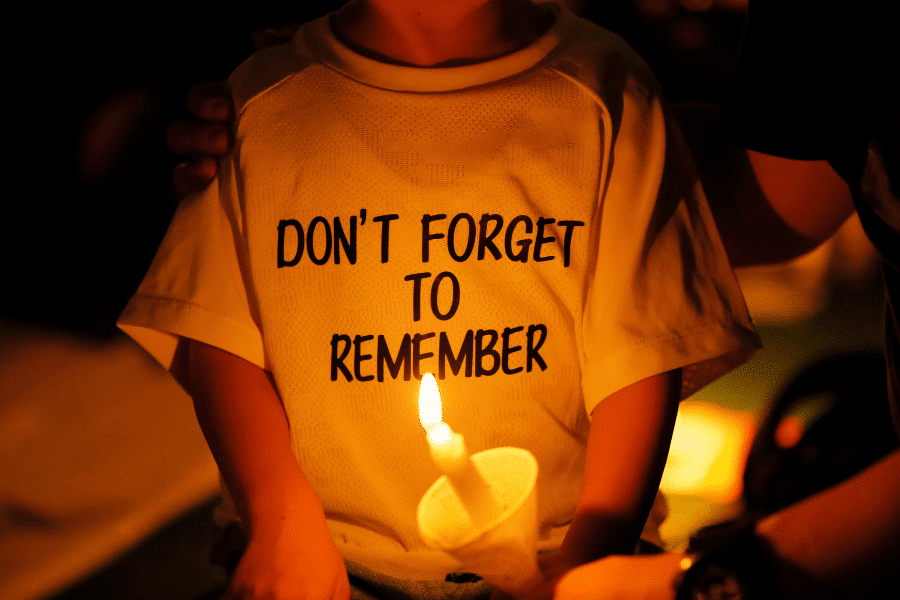
by David Schlesinger | 19 Feb 2025 | Decoder Replay, History, Media Literacy, Politics
A Chinese AI program negates the Tianenmen Square uprising. Google Calendar has struck out Black History Month. Why remember the scars of the past? Thousands of people at Victoria Park in Hong Kong 4 June 2019 attend a candlelight vigil for victims of the Chinese...
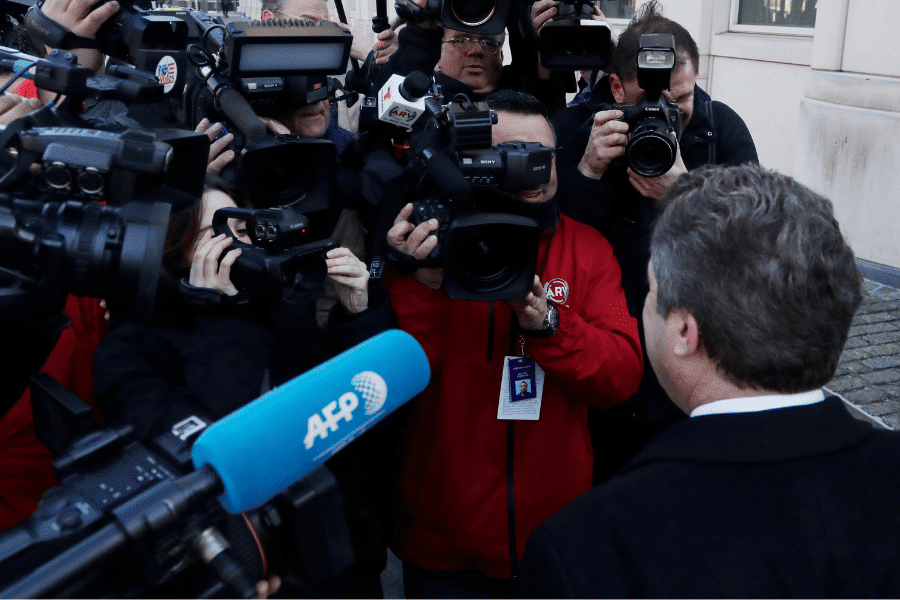
by Nelson Graves | 11 Feb 2025 | Journalism, Media Literacy
Much of the news people consume is produced by newswires. Their reporters keep their opinions to themselves so you can make up your own mind about world events. A microphone from a reporter from the Agence France Press (AFP) news service is seen front and centre as...
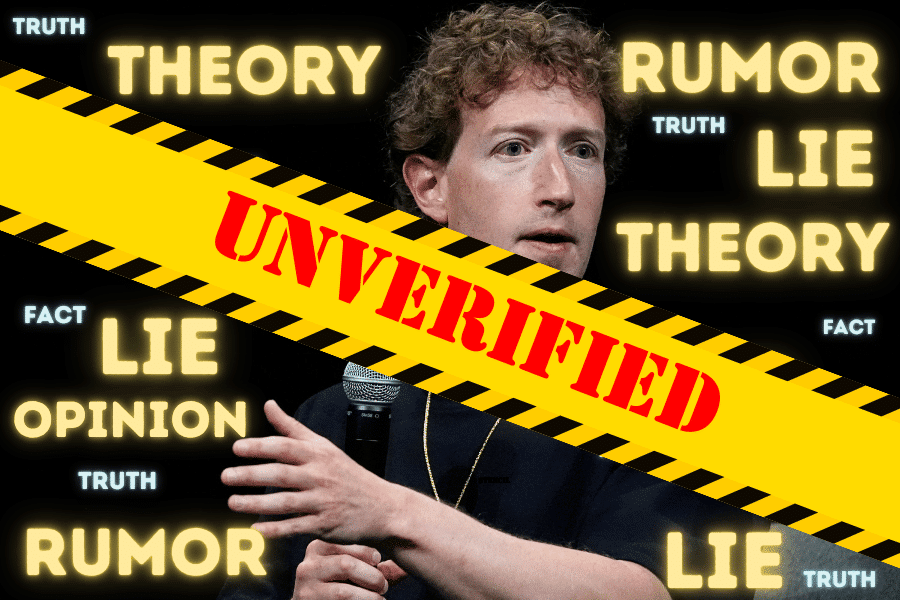
by Skyler Kelley Duval | 22 Jan 2025 | Decoder Replay, Journalism, Media Literacy, Youth Voices
What happens when distributors of information don’t care whether they peddle truth or trash? Mark Zuckerberg, chief executive officer of Meta, speaks during an appearance at the Colorado Convention Center in downtown Denver 29 July 2024. Photo of Zuckerberg by...
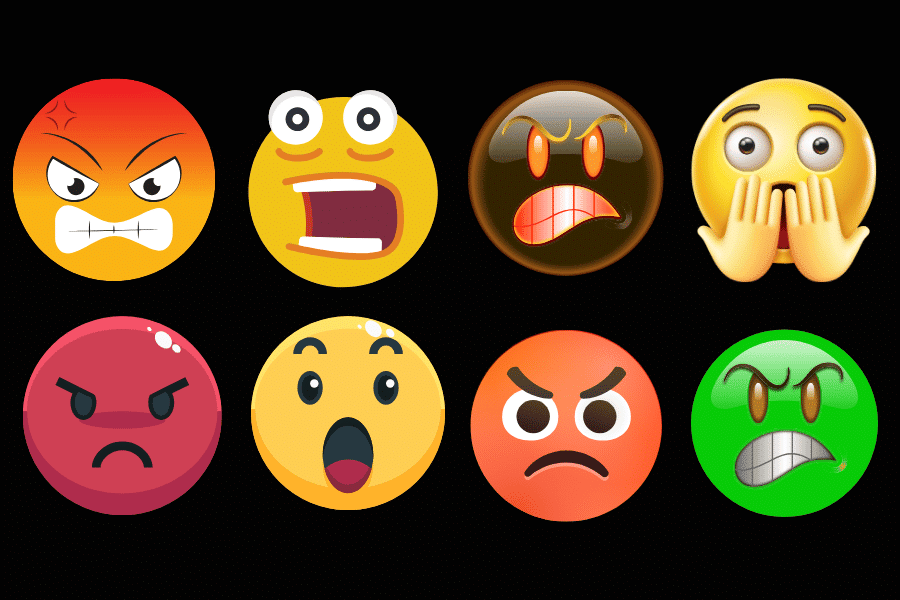
by Sabine Berzina | 20 Jan 2025 | Culture, Journalism, Media Literacy, Technology
Meta has told an army of fact checkers they are no longer wanted, deeming acceptable what was once considered outlandish and offensive. A set of reaction emojis commonly used on social media. This article was produced exclusively for News Decoder’s global news...

by Haley Davis | 6 Jan 2025 | Culture, Health and Wellness, Indiana University, Media Literacy, Student Posts, Technology, Youth Voices
It is difficult to turn away from our devices and even harder to turn them off. But if you can, your brain will thank you. Illustration by News Decoder After hours of mindlessly scrolling on Instagram Reels and clicking through Snapchats, I noticed a feeling of...
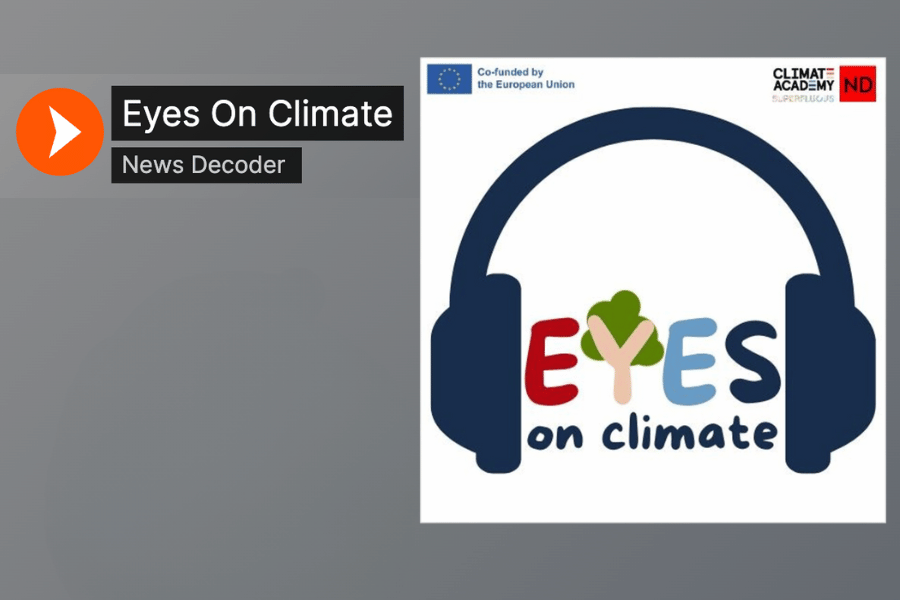
by News Decoder | 27 Dec 2024 | Environment, EYES, Journalism, Media Literacy, News Decoder Tips
Media often reports climate change as a doom and gloom scenario and ends up pushing people away. Can we get them to tune in and take action? Listen to the “Eyes on Climate” podcast. In News Decoder’s Top Tips, we share advice for young people from...
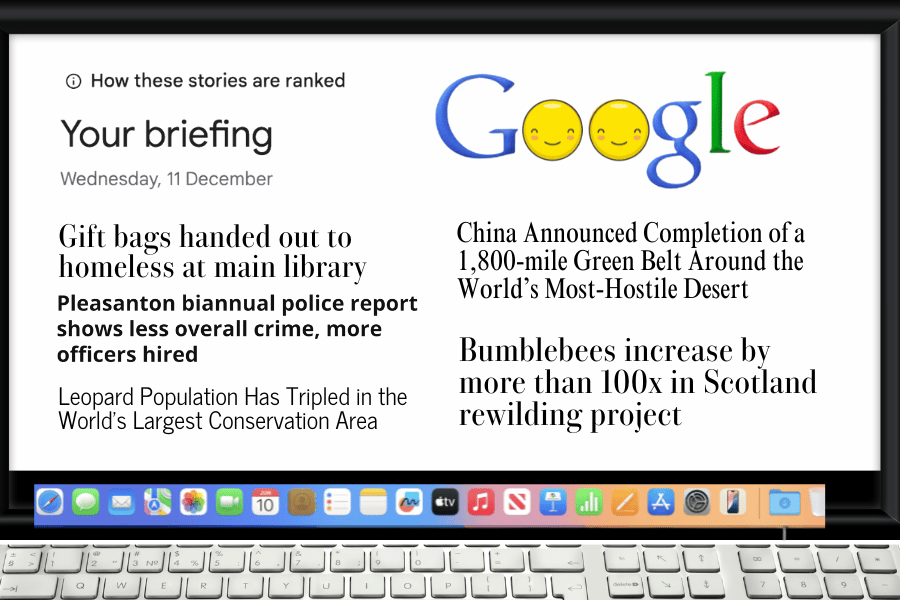
by Norma Hilton | 13 Dec 2024 | Journalism, Media Literacy, News Decoder Tips
Relentlessly bad news makes people anxious and depressed. But there is good news to tell, if you make an effort to find it. Real examples of good news headlines on an imagined Google news feed. (llustration by News Decoder) In News Decoder’s Top Tips, we share...
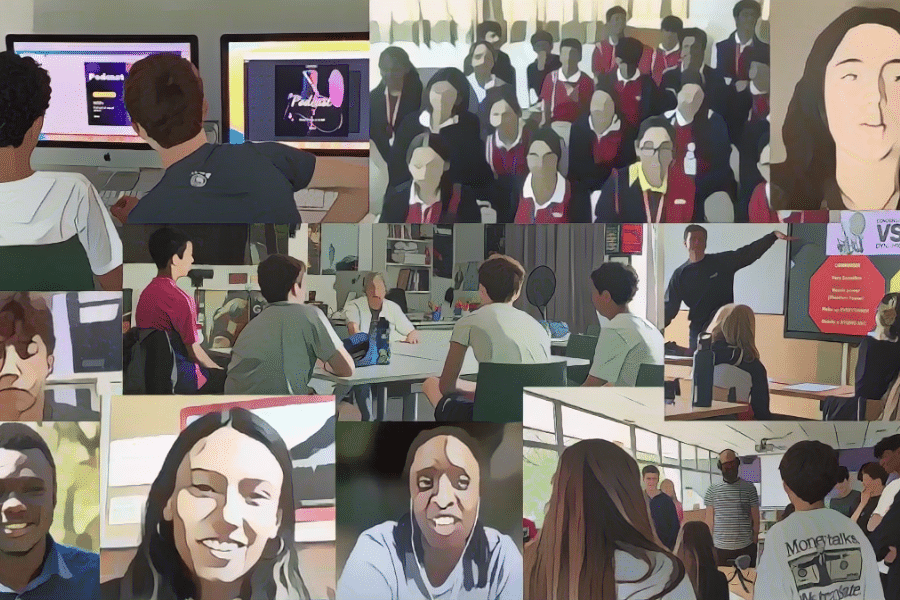
by Marcy Burstiner | 2 Dec 2024 | Education, Journalism, Media Literacy, News Decoder Updates
Let’s empower young people through the power of dialogue. A collage shows students and News Decoder staff interacting in different projects. (Illustration by News Decoder) Today News Decoder kicks off our December end-of-year giving campaign, Bridging Divides:...










